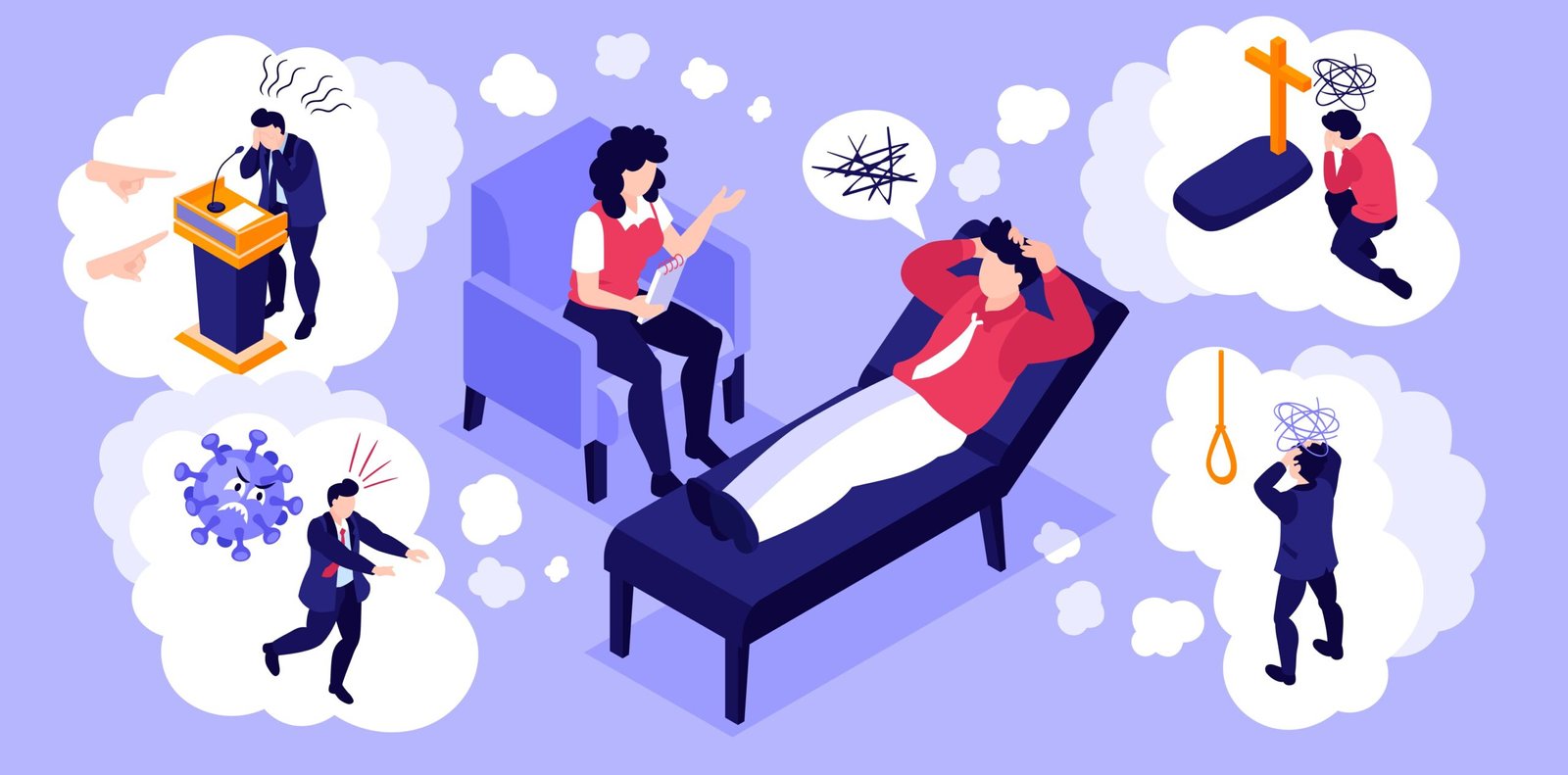Understanding Dependent Personality Disorder (DPD)
What Is Dependent Personality Disorder?
Dependent Personality Disorder (DPD) is one of the most frequently diagnosed personality disorders. It affects both men and women equally and often becomes apparent in early adulthood when significant emotional relationships begin to form.
People with DPD tend to rely heavily on others for emotional and physical needs. They often feel unable to function or make decisions independently, and this dependency can interfere with personal growth, confidence, and relationships.
Those living with DPD may appear caring and devoted, but underneath lies an intense fear of being abandoned or left alone. This fear often drives their clingy, submissive, and compliant behaviors.
Common Symptoms of Dependent Personality Disorder
Emotional and Behavioral Signs
People with DPD often exhibit the following behaviors and emotional patterns:
Difficulty making everyday decisions without reassurance or guidance from others.
Avoiding adult responsibilities by acting helpless or passive.
Strong fear of abandonment or rejection, leading them to stay in unhealthy relationships.
Oversensitivity to criticism or disapproval.
Low self-confidence and a belief that they cannot take care of themselves.
Struggling to start projects due to self-doubt.
Feeling uncomfortable when alone, seeking companionship quickly after a breakup.
Willingness to tolerate mistreatment or abuse to maintain support.
Putting others’ needs above their own, even when it causes personal harm.
Displaying naive or overly trusting behavior toward others.
These symptoms may vary in intensity, but they often cause distress in both personal and professional relationships.
What Causes Dependent Personality Disorder?
While the exact cause of DPD is still unknown, researchers believe it develops through a combination of biological, psychological, and environmental factors.
Contributing Factors May Include:
Childhood experiences: Overprotective or authoritarian parenting styles that discourage independence.
Attachment issues: Early separation anxiety or trauma that leads to fear of being alone.
Temperament: Naturally anxious or insecure personalities may be more prone to dependency.
Cultural influences: Some cultural expectations about obedience or conformity can reinforce dependent behavior.
Essentially, when children grow up in environments where self-expression or autonomy is discouraged, they may internalize the belief that they cannot manage life without others – a core characteristic of DPD.
Helpful Tips and Coping Strategies for DPD
Although DPD can be challenging, it is treatable with the right approach and support. Therapy — particularly Cognitive Behavioral Therapy (CBT) – can help individuals build self-confidence and learn independent coping strategies.
Self-Help and Professional Advice:
Practice self-sufficiency: Start small by making daily decisions on your own.
Develop assertiveness: Learn to express needs and opinions confidently.
Face the fear of being alone: Try spending short, intentional periods of time independently.
Build emotional awareness: Understand your fears, triggers, and dependency patterns.
Seek professional support: A mental health therapist or CBT coach can guide you through structured recovery steps.
The key to progress is gradual independence – rebuilding self-trust, one decision at a time.
When to Seek Help
If your dependency causes anxiety, emotional distress, or relationship difficulties, it’s important to consult a licensed therapist or psychologist. With therapy, you can learn to form healthy relationships based on mutual respect rather than fear of abandonment.



